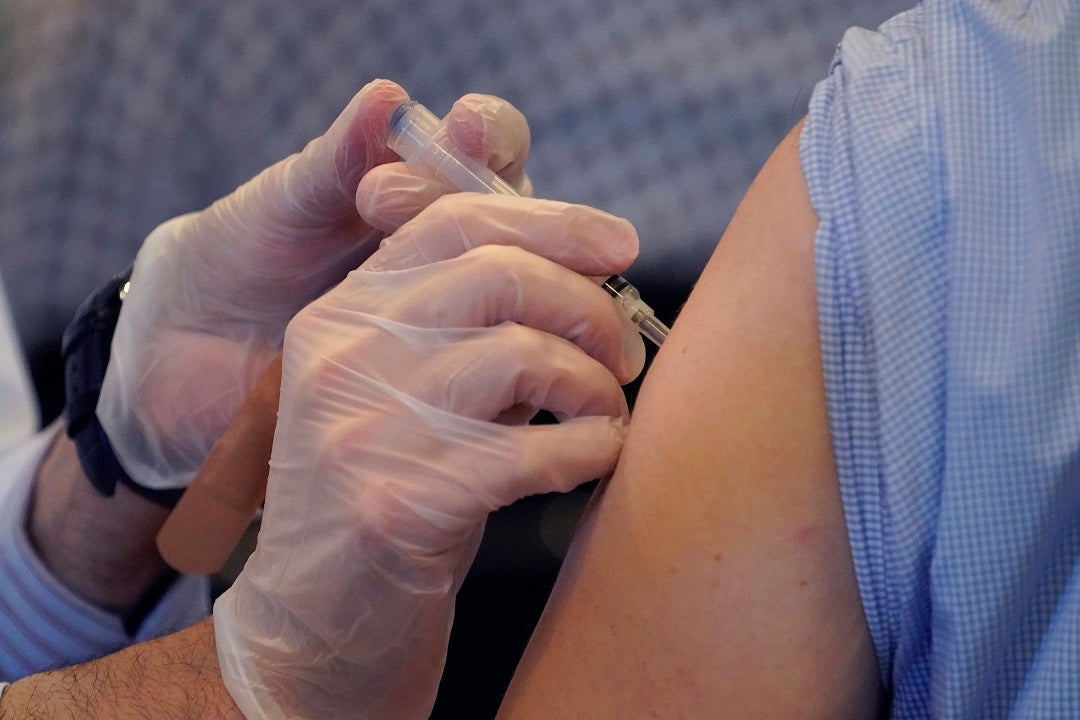I can't imagine Disney changing its mask policy but this
CNN article is interesting:
It's time to face the new reality on mask wearing
By Jill Filipovic
Walking around my Brooklyn neighborhood as the country comes out of a long, Covid-depressed winter, I notice nearly everyone engaging in a curious pandemic ritual: as we stroll past brownstones, we all pull our masks up as soon as we see one another coming.
"Science is real," the yard signs
on the block declare, and I suspect my neighbors and I generally agree, as we avoid eye contact over the tops of our KN95s.
Joggers in the park do this mask up, mask down business every few seconds, gasping for air when their faces are free. Restaurants dutifully squirt sanitizer onto diners' hands before seating them inside. Local scolds scan the horizon for the maskless, and
meet them with a glare or some choice words. I've been there myself: in the first several months of the pandemic, I found myself irrationally angry at any maskless runner who passed me by.
But now that we better understand the real risks of Covid, and that vaccines are rolling out, might it be time to adjust our social mores?
These mores, of course, are
not the same everywhere. In much of the country, people are living life as if there were no pandemic at all, as if more than half a million Americans weren't dead from a contagious respiratory illness. They are dining, shopping, barhopping, going to weddings and baby showers and doing it all inside and maskless.
It's no wonder that our individual responses to Covid change with our politics -- the pandemic has been politicized from the start. Many liberals (myself included) have emphasized that wearing masks isn't just about reducing personal risk -- it's about protecting the whole community, and especially the most vulnerable in it. Wearing a mask is no big deal, and we are happy to do it -- and
not reluctant to shame others, in person or online, who refuse
But today we know much more about Covid than we did when mask mandates began. The evidence points to one conclusion: Being outside and away from others -- or even passing by others for a second or two at close distance -- is incredibly
unlikely to spread Covid. It's not impossible, but
it's so rare that researchers have had a hard time identifying many cases of outdoor transmission.
Indoors is a different story. It's clear that masks work, and that Covid thrives in contained spaces where people are breathing the same air. Masks remain necessary, and should be mandated, in the grocery store, on public transport, on airplanes and in airports, and anywhere else we're inside. And given that Covid rates continue to climb, it's absurd that we're allowing indoor dining, drinking and event-attending, particularly among the unvaccinated.
Crowded outdoor events are also a bad idea without masks. A concert where revelers are pressed together and everyone is screaming and singing for hours is practically inviting infections. Two unvaccinated people sitting inches away from each other and talking at length are taking a risk, even if they are outside.
Dr. Anthony Alberg, the chair of the department of Epidemiology and Biostatistics at the University of South Carolina's Arnold School of Public Health, told the Charleston Post and Courier, for example, that issues like crowd density -- can people stay relatively far apart? --
are key for outdoor events, because "At a concert, people are going to be, depending on the kind of concert, likely to be yelling and shouting and cheering and that sort of thing. The more vocal we get the more likely we are to spread the coronavirus further distances."
All other things being equal, though, outdoors is preferable to indoors.
Maybe we should do what so many liberals demand and follow the science instead of our political beliefs. The directives could be pretty simple: mask up indoors, in a crowd or at close distance. Don't feel you have to if you're outdoors and vaccinated, or outdoors and not getting close to anyone for more than a few seconds.
The pandemic has made us more sedentary than ever,
which is bad for our bodies and minds. People should be encouraged to go for a walk, jog or outdoor workout class -- and they should be able to do so in comfort and with the ability to breathe, which means maskless.
We are shifting toward a new normal, and that will be rocky -- our social skills are rusty and our anxieties high. Simply being near strangers pitches many of us into hypervigilance. And we want to demonstrate that we are doing our part to protect our communities.
But we can put a balanced public health perspective at the center of this readjustment, and trust that our fellow citizens know the difference between outside and in.
Right now, we're going about it in exactly
the wrong way: Increasingly allowing masklessness inside, while socially enforcing mask-wearing outside. It's the worst of all worlds, especially as infections climb.
For the record, I'm still wearing my mask outside, because that is considerate behavior in my community.
But I'd love to reach a point where our mask-wearing norms more fully aligned with our values, and signaled that we believe in science and care about others -- that we value their mental health and overall well-being, and that we trust their ability to distinguish between high and low risk.


